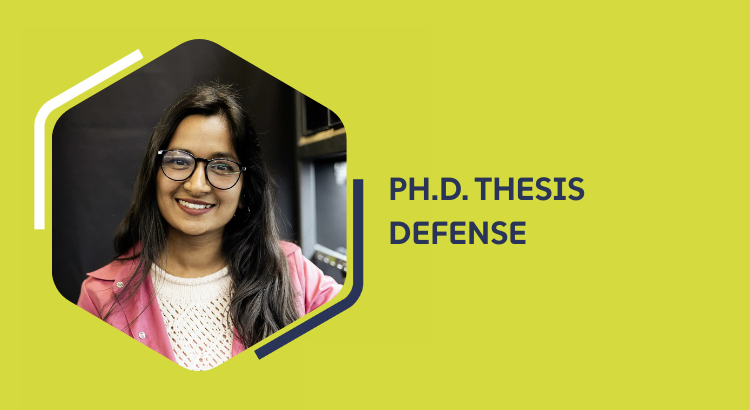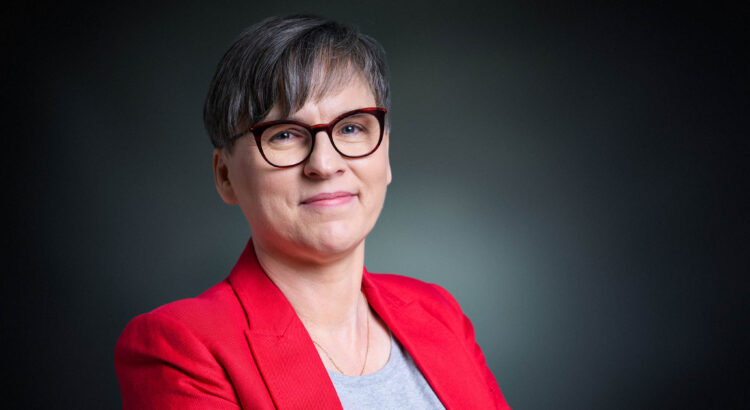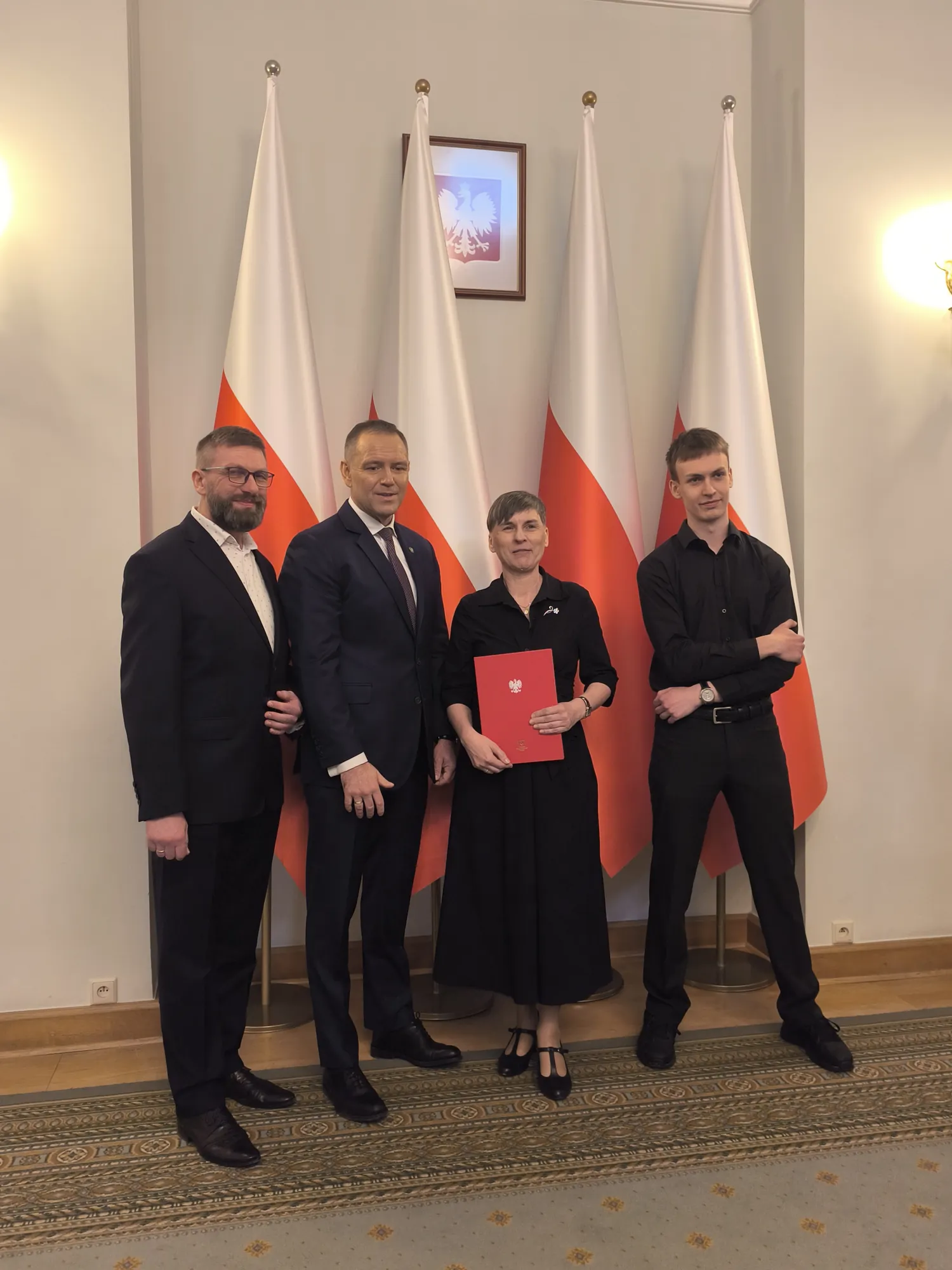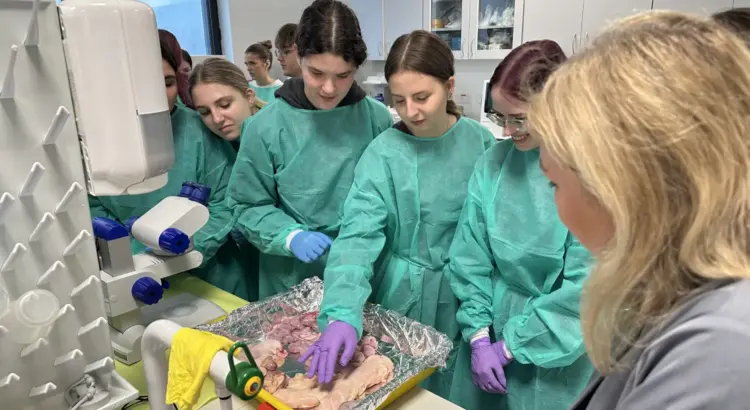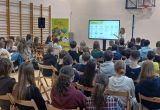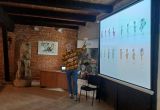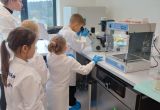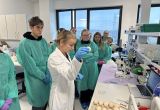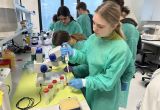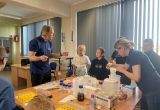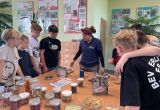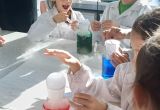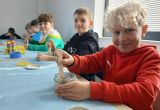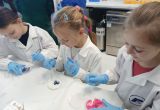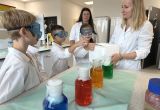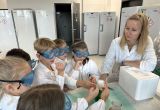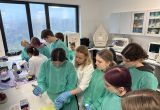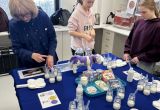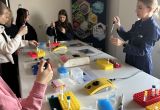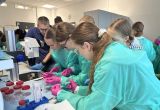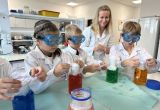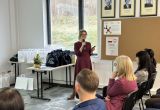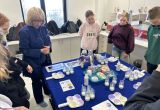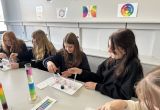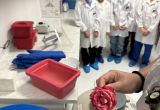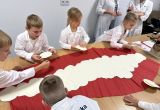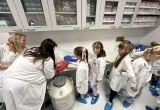DIRECTOR and the SCIENTIFIC COUNCIL of the InLife Institute of Animal Reproduction and Food Research, Polish Academy of Sciences in Olsztyn have the honor to invite you to the public defense of the doctoral dissertation for the degree of Ph.D. in agricultural sciences, discipline of animal science and fisheries:
Abhipsa Panda, M.Sc.
’A Journey Towards Identification of Paternal-Effect Genes and Exploration of Their Roles During Early Life Stages in Eurasian Perch, Perca fluviatilis’
The defense will take place on February 23, 2026 from 9:00 a.m. (CET) via ZOOM platform.
Supervisor:
- Daniel Żarski, Ph.D., D.Sc. – InLife Institute of Animal Reproduction and Food Research, Polish Academy of Sciences;
Auxiliary supervisor:
- Sylwia Wałdowska (family nameJudycka), Ph.D. – InLife Institute of Animal Reproduction and Food Research, Polish Academy of Sciences;
Reviewers:
- Prof. Vanesa Robles Rodriguez, Ph.D. – University of León, Spain;
- Magdalena Socha, Ph.D., D.Sc. – University of Agriculture in Krakow, Poland;
- Doc. Ing. Martin Pšenička, Ph.D. – University of South Bohemia in České Budejovice, Czech Republic.
The doctoral dissertation and the dissertation reviews can be found in the BIP Institute website. The doctoral dissertation is also available in the Director’s Office, InLife Institute of Animal Reproduction and Food Research PAS in Olsztyn, Trylinskiego Str. 18.
Those wishing to participate in the public defense are asked to send an e-mail to the Secretary of the Doctoral Committee, Agnieszka Mostek-Majewska, Ph.D., a.mostek@pan.olsztyn.pl
In the reply e-mail, you will receive an access link to the defense. Logging in to the meeting will be possible from 8:30 a.m., and the defense will start at 9:00 a.m.
Chair of the Scientific Council
Prof. Urszula Gawlik
